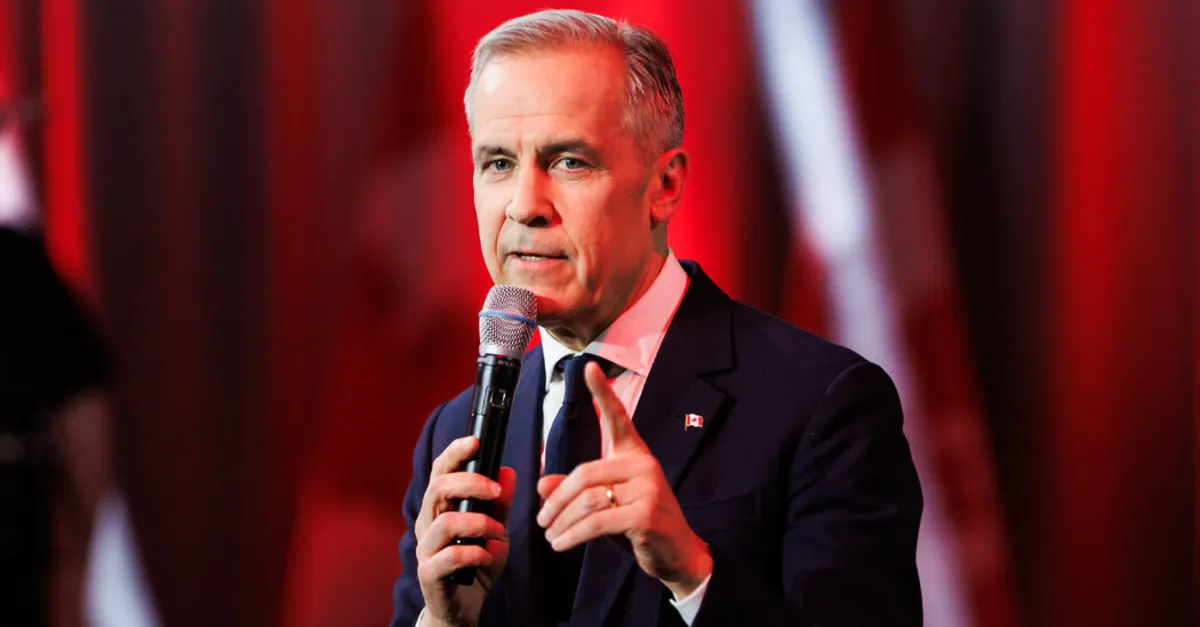
On Sunday, Prime Minister Mark Carney of Canada announced that a crucial federal election is scheduled to take place on April 28. This announcement comes during a particularly tumultuous period for the country, marked by significant political and economic challenges. The backdrop of his decision includes the imposition of painful tariffs by President Trump, creating tensions between Canada and the United States, which have historically been close allies and trading partners.
Mark Carney, who is a political novice but boasts an impressive career in central banking and finance, was elected as the leader of Canada’s Liberal Party on March 9 and officially assumed office on March 14. He took over from Justin Trudeau, who led the Liberals for 13 years and served as prime minister for nearly a decade. Trudeau's tenure, however, faced declining popularity, paving the way for Carney's leadership.
Carney’s decision to call for a swift election was highly anticipated, especially given that he does not currently hold a seat in Canada’s Parliament. The Liberal Party lacks a majority, making them vulnerable to a potential vote of no-confidence, which could arise as early as Monday. By calling for the election, Carney aims to solidify his position and strengthen the party's hold on power.
As the election approaches, the Liberal Party faces significant competition from the Conservatives, led by Pierre Poilievre. Prior to President Trump's election, the Conservatives held a commanding lead in the polls, often exceeding double digits over the Liberals. However, recent developments have shifted voter sentiment. Concerns have emerged regarding Poilievre's ideological alignment with Trump, causing many voters to question his ability to effectively represent Canada’s interests.
In contrast, voters are increasingly drawn to Carney’s extensive background in economics and his experience on the international stage. Recent polls indicate a dramatic turnaround, showing that Carney and the Liberal Party have nearly closed the 25-percentage-point gap previously held by the Conservatives. As the election period unfolds, the two parties are now neck-and-neck, raising the stakes for all candidates involved.
The upcoming federal election on April 28 represents a pivotal moment for Canada as it seeks to navigate the complexities of international relations and domestic governance. Mark Carney's leadership will be tested as he faces not only the challenges posed by the Conservative Party but also the broader implications of U.S. policies under President Trump. As Canadians prepare to make their voices heard, the outcome of this election will have lasting effects on the nation’s political landscape.